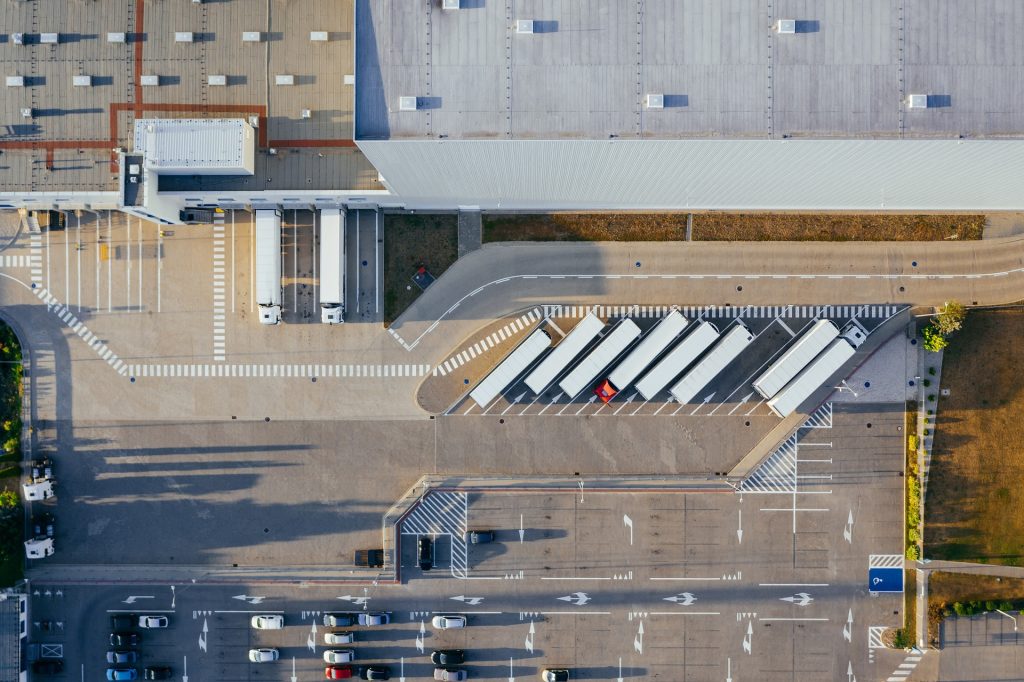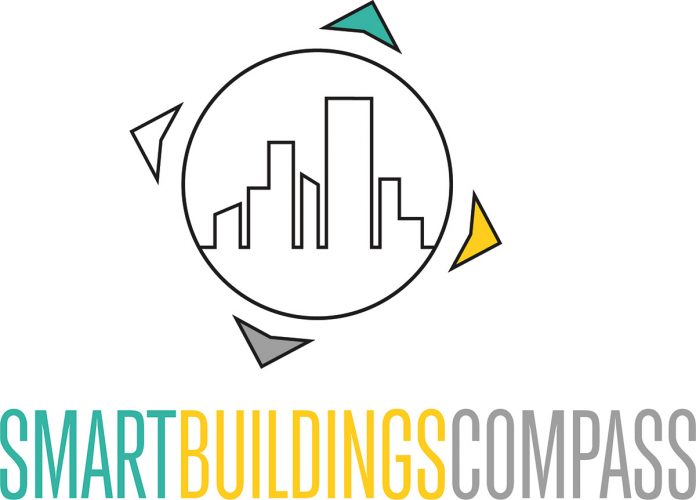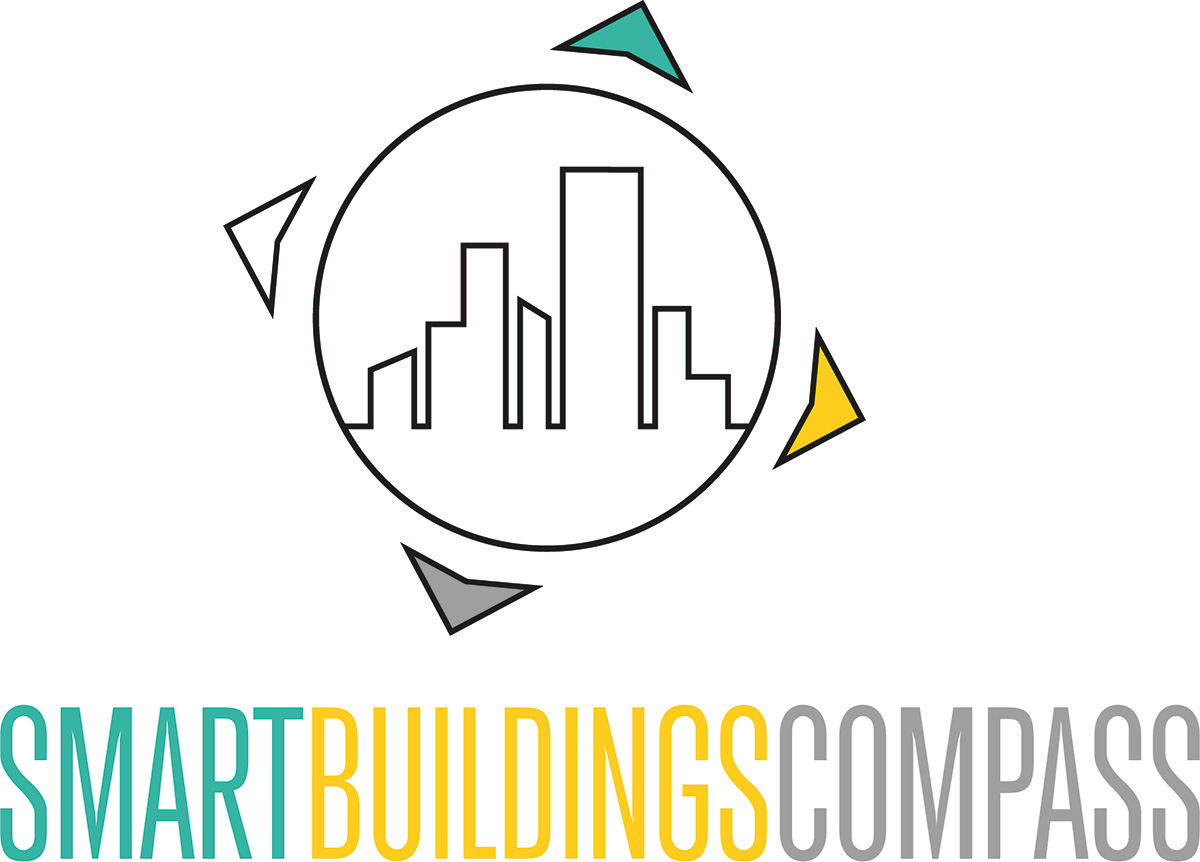Industry 4.0 refers to the intelligent networking of machines and processes in industry with the help of information and communication technology.
This results in a wealth of advantages for the industry: For example, production will become much more flexible, and it will be possible to respond better to customer wishes. Last but not least, Industry 4.0 will also help conserve resources, for example by monitoring raw materials and products over their entire life cycle. Sustainability, including in the social sphere, is one of the declared goals of the Industrie 4.0 platform
The term is often equated with “digitization“. However, digitization generally refers to the increasing use of networked, digitized, automated technologies in our society. However, Industry 4.0 only refers to digitization in industry, for example in vehicle design, mechanical engineering or even transportation.
At the core are two developments: Networking and self-control. Networked systems make it possible to exchange data and thus information and thus react intelligently to one another. This enables largely automated and independent production processes. Self-control contrasts with the previous centralized control of machines: In the past, information was collected in various IT systems and evaluated by humans, who then made adjustments – for example, to increase the production rate or manufacture goods more efficiently.

The future goal of Industry 4.0 is the Smart Factory
Image: Marcinjozwiak via Pixabay
Many questions still to be clarified
Implementing Industry 4.0 is a complex task, and development here is only just beginning. Many questions about work organization, IT security and data protection are still unresolved. The specialists often still lack appropriate qualifications and there are no uniform norms and standards. The still uncertain level of investment costs and, above all, the human factor are also considered to be obstacles: a lack of understanding and acceptance in society could delay development.
However, the first steps towards Industry 4.0 have already been taken: remote diagnostic systems, automated transport trolleys or cloud-based condition monitoring of machines are already in use. However, the future goal is much more complex. It is the so-called smart factory, in which robots and machines do not simply repeat activities but, by networking the production steps, will automatically decide which path a product takes through manufacturing. This makes it possible, for example, to produce one-of-a-kind items.






